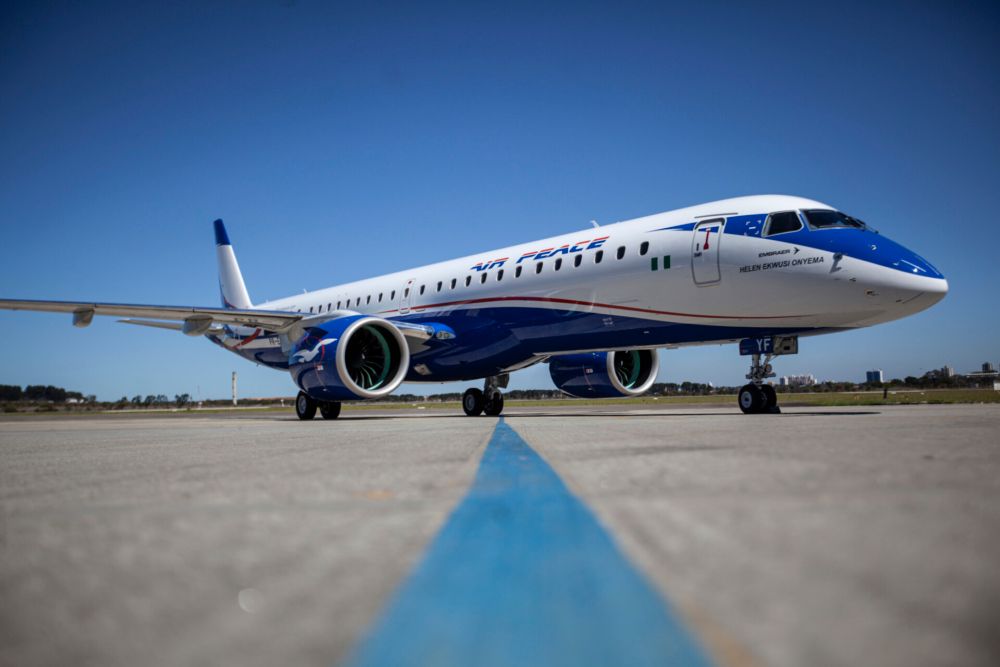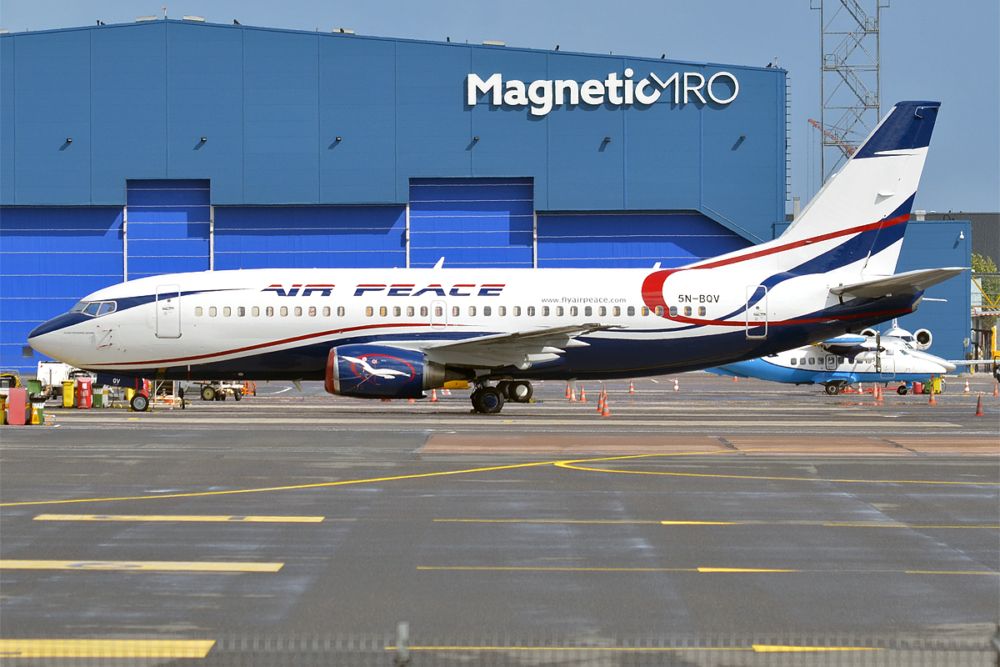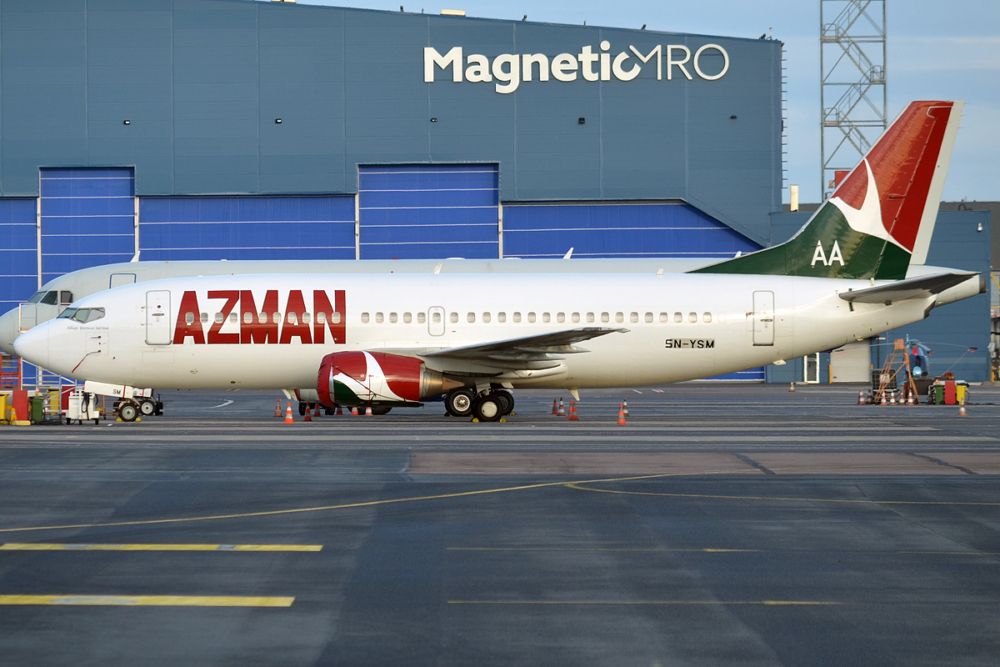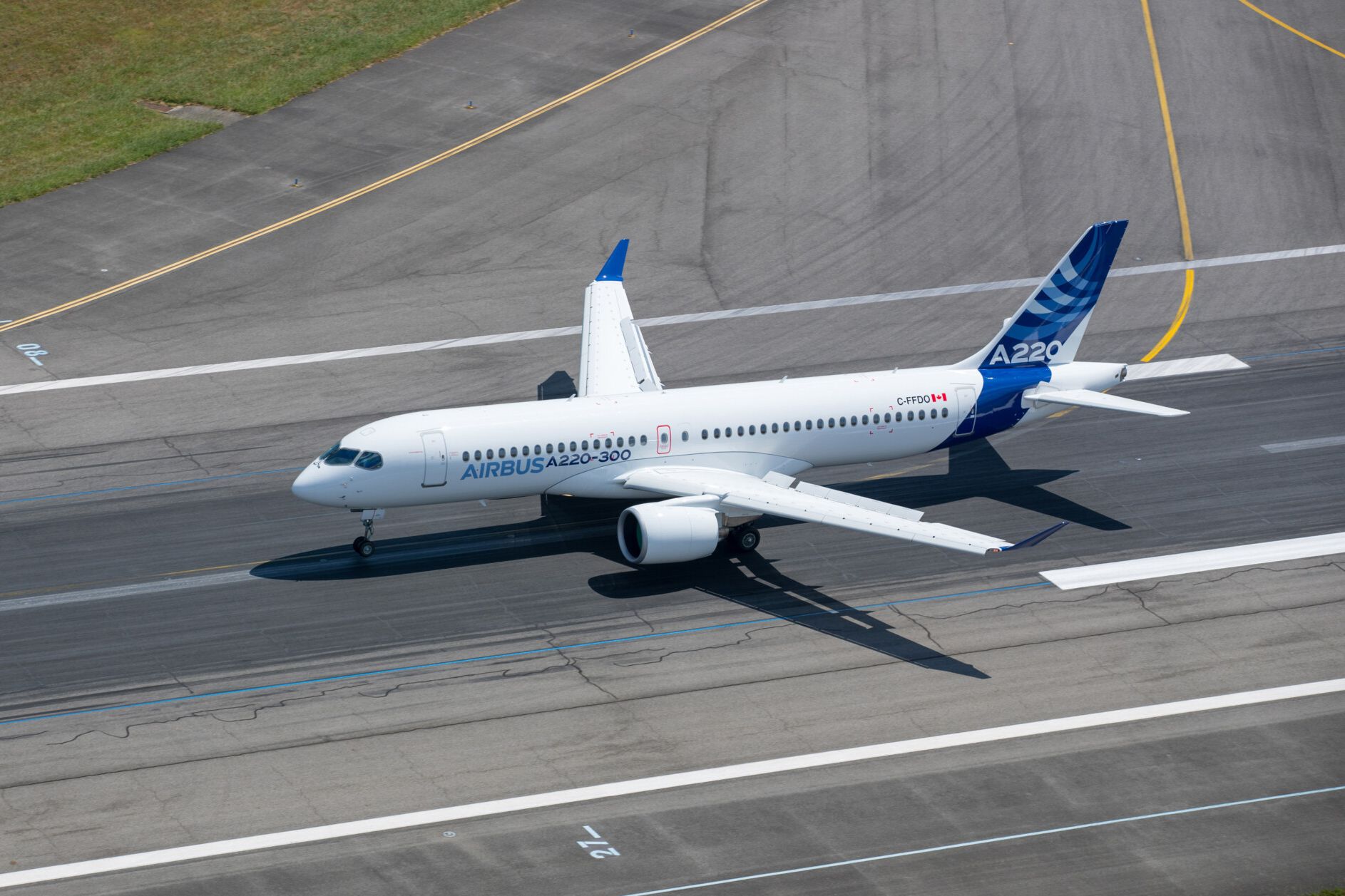Nigerian airlines have warned that their survival may be at risk if the Nigerian government fails to aid them. Airlines in Nigeria are contending with multiple problems, including high fuel prices and exchange rate fluctuations, forcing them to raise airfares to offset increased operating costs.
Nigerian domestic aviation in trouble
The Nigerian domestic aviation industry could be in serious jeopardy should current trends continue. Industry insiders have warned that rising fuel prices and a lack of responsible government oversight could lead to many Nigerian carriers going defunct.
Dr. Obiora Okonkwo, Chairman of United Nigeria Airlines, said,
"The aviation industry will collapse. The airline business is the live wire of the entire aviation value chain. If airlines don’t fly or the airlines are in comatose, NAMA (Nigerian Airspace Management Agency), NCAA (Nigerian Civil Aviation Authority) and FAAN (Federal Airports Authority of Nigeria) will not get the required revenue to run their operations."
On top of dealing with COVID-related problems, Nigerian carriers have witnessed a steep rise in the price of aviation fuel. Prices have more than doubled in the space of a year, shooting up from N180 ($0.43) per liter in February 2021 to N400 ($0.96) today.
Fluctuating exchange rates
Volatile exchange rates have hit the aviation industry hard as airlines and aviation authorities rely heavily on the US Dollar. The Nigerian Naira hit record-lows at the turn of the year and has progressively weakened every year since 2012.
Captain Shehu Usman Iyal, former Special Adviser to the President on Aviation, said,
"There is not a single bolt that you put in an airplane that you manufacture in Nigeria; you will have to buy abroad in dollars. Even the charges being paid to the government have to be a bit high because the government also buys airport equipment using the dollar."
Industry professionals have called upon the government to assist the aviation industry, which contributes around 4% of Nigeria's GDP.
Stay informed: Sign up for our daily and weekly aviation news digests.
Airfares on the rise
Domestic fares have been rising as Nigerian airlines clamber to make up for their high operating costs. In November 2021, fares were up by 20-40 % compared to the previous month on many major domestic routes. Airlines fear that raising their fares even more will discourage customers from flying.
Dr. Okonkwo added,
"From the ticket, salaries paid to staff have increased, costs have increased but tickets have not increased that much compared to the cost of operations. Operators are looking for solutions to many of these things. We can’t talk about safety without looking at rising costs."
Steeper prices are a reality despite several new entrants, such as Ibom Air and Green Africa Airline, to the domestic aviation scene in recent years. Fares were expected to drop with more competition but this hasn't happened.
What are your thoughts on the future of the Nigerian domestic aviation industry? Let us know your insights in the comments.




